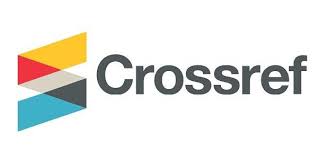Performance Analysis of Butanol-Blended Water-Emulsified Diesel in a Turbocharged Diesel Engine
Keywords:
Butanol-Blended Diesel, Water-Emulsified Fuel, Brake Thermal Efficiency, Brake-Specific Fuel Consumption, In-Cylinder Combustion AnalysisAbstract
This study investigates the performance characteristics of butanol-blended water-emulsified diesel (W5DBu) fuels in a turbocharged, common-rail direct injection diesel engine. The objective is to assess the impact of varying butanol ratios (5%, 10%, and 15% by volume) on brake thermal efficiency (BTE), brake-specific fuel consumption (BSFC), and in-cylinder combustion behaviour under different engine loads (20%, 35%, and 50%) at 3,000 rpm. Results indicate a consistent increase in BTE with butanol addition, particularly under medium to high load conditions. The highest BTE of 37.06% was observed with base diesel at 50% load, while W5DBu15 achieved a BTE of 36.13%, demonstrating a 15.1% improvement compared to diesel at optimal operating conditions. In contrast, BSFC increased with higher butanol content at low load, with W5DBu15 showing the highest consumption due to butanol’s lower calorific value. However, BSFC decreased at higher loads and speeds, with fuel savings of up to 35% compared to base diesel. Combustion analysis revealed that increasing butanol enhanced in-cylinder pressure and heat release rates, though W5DBu15 exhibited delayed ignition and micro-explosion phenomena at low loads. These findings confirm that butanol addition of up to 10% in water-emulsified diesel offers significant thermal efficiency gains and fuel savings without compromising combustion performance. The study supports the potential of alcohol-based bio-additives in enhancing diesel engine efficiency and reducing fuel consumption.


 Coming soon to be indexed by:
Coming soon to be indexed by:




